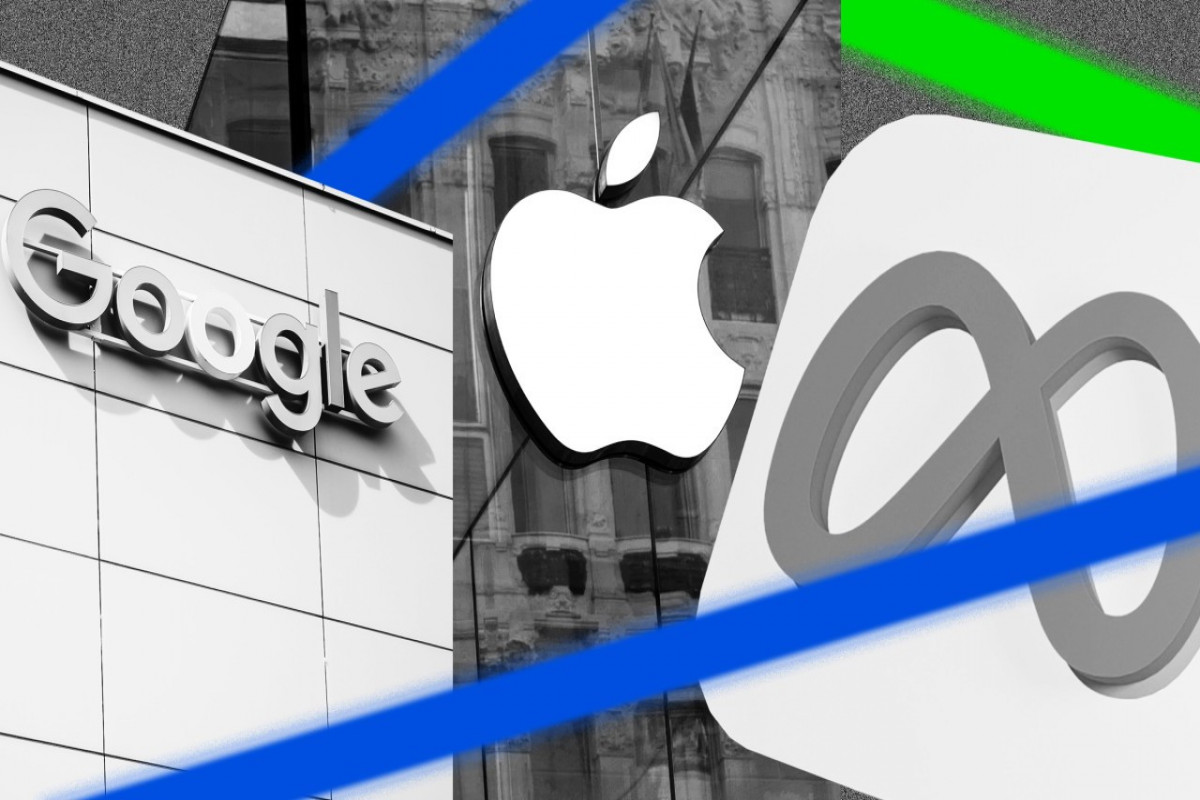On Monday, EU antitrust regulators announced that they would be investigating tech behemoths Apple, Google, and Meta Platforms for possible violations of the Digital Markets Act. This investigation could lead to substantial fines for the companies. The Digital Markets Act, which took effect on March 7, requires six major tech companies, including Apple, Google, and Meta, to follow guidelines aimed at encouraging fair competition and providing users with more options.
Here’s the kicker: violations of this act could result in fines of up to 10% of the company’s global annual revenue.
Focus Points
The European Commission believes that the measures implemented by these companies may not be fully compliant with the Act. The investigation will look into a variety of issues, such as Alphabet’s Google Play rules on steering and self-preferencing, Apple’s App Store steering rules, Meta’s ‘pay or consent model’, and Amazon’s marketplace ranking practices.
Thierry Breton, the EU’s industry commissioner, emphasized the importance of enforcing the law quickly. He said, “The law is the law.” We can’t just sit here and wait.” Breton addressed concerns about the investigation’s pace, emphasizing the importance of adhering to regulations.
How Apple, Google, Meta Have Responded
In response to the investigation, Meta expressed its commitment to following the act’s guidelines, particularly with regard to its Subscription for No Ads service, which was launched in Europe last November, according to Reuters.
According to Reuters, Google and Apple have defended their respective approaches, claiming that they have made significant changes to their services and are confident that they are in compliance with the Digital Market Act.
The EU Commission intends to complete the investigations within a year, as specified in the Digital Markets Act. To expedite the process, the companies involved have been instructed to keep relevant documents for current and future investigations.
These investigations come amid growing criticism from app developers and business users about perceived flaws in the companies’ compliance efforts. The findings of the investigations could have far-reaching consequences for the tech industry and the regulatory landscape in Europe.
The Digital Markets Act (DMA) is a proposed legislation by the European Union aimed at regulating large online platforms and promoting fair competition in the digital economy. The DMA seeks to address concerns regarding the market dominance of tech giants such as Google, Facebook, Amazon, and Apple, often referred to as “gatekeepers,” who wield significant influence over digital markets.
One of the key provisions of the Digital Markets Act is the designation of certain platforms as “gatekeepers” based on specific criteria, such as market share, user base, and annual turnover. Gatekeepers are subject to a set of obligations aimed at ensuring fair competition, transparency, and consumer protection.
The DMA empowers regulatory authorities to enforce compliance with these obligations and impose sanctions on gatekeepers found to be in violation of the rules. This includes fines of up to 10% of the company’s global turnover for serious breaches of the DMA’s provisions.
Among the obligations imposed on gatekeepers are requirements to provide access to certain data to competitors, ensure interoperability with third-party services, and refrain from engaging in unfair practices that stifle competition or harm consumers.
Additionally, the DMA introduces measures to address concerns related to self-preferencing, where gatekeepers prioritize their own products or services over those of competitors. Under the DMA, gatekeepers are required to offer equal treatment to their own offerings and those of third parties, thereby fostering a level playing field for all market participants.
The Digital Markets Act represents a significant step towards fostering a more competitive and innovative digital ecosystem in the European Union. By promoting fair competition and addressing the market power of tech giants, the DMA aims to create a more diverse and dynamic digital marketplace that benefits consumers, businesses, and society as a whole.
However, the DMA has also sparked debates and concerns among industry stakeholders, with some arguing that the proposed regulations could stifle innovation, hamper investment, and ultimately harm consumers. Critics have raised questions about the criteria used to designate gatekeepers, the scope of regulatory oversight, and the potential unintended consequences of the legislation.
Despite the challenges and controversies surrounding the Digital Markets Act, its proponents argue that it is a necessary and timely intervention to address the growing dominance of big tech companies and safeguard competition in the digital age. As the legislative process unfolds, stakeholders will continue to engage in discussions and negotiations to shape the final outcome of the DMA and its implications for the future of digital markets in Europe.

